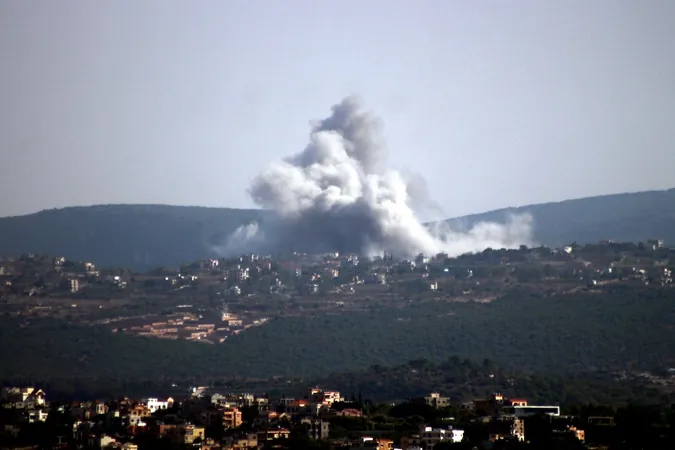
Lebanon Faces Uncertainty Amidst Escalating Conflict with Hezbollah as Israel Strikes Hard
2024-10-15
Author: Emma
Lebanon, a country synonymous with conflict and political instability, now finds itself in the grip of an existential crisis as the Israeli military intensifies its assault on Hezbollah forces. The Lebanese population, weary from decades of war and turmoil, now experiences a heightened sense of fear as violence erupts across the nation.
In the heart of Beirut, John Khoury, a local fast-food entrepreneur, shares a grim outlook on the current situation. "We have never seen such terrible conditions," he lamented, now forced to seek refuge in the mountains north of the capital to escape the fierce Israeli bombardments targeting his city. Official reports from the Lebanese Health Ministry indicate that Israeli air strikes have resulted in over 2,250 casualties in the past year, with most occurring during the last three weeks alone, alongside more than 10,500 injuries.
Adding to the chaos, Lebanon is inundated with internally displaced persons (IDPs)—more than one million people fleeing the relentless attacks in southern Lebanon and South Beirut, areas that have become battlegrounds between Israel and Hezbollah’s entrenched fighters.
The absence of a functioning government exacerbates the crisis. Since 2022, Lebanon has been mired in a political stalemate, preventing the election of a president and leaving the country without effective leadership precisely when it needs it the most. “This country and its politicians have to unite and create a real sovereign Lebanon before it’s too late,” emphasized Khoury.
However, amid this violence and societal upheaval, there exists a sliver of hope—a potential for Lebanon to redefine itself. Observers assert that the ongoing conflict may weaken Hezbollah, which has operated autonomously for decades, and create an opportunity for the reconstruction of a politically unified state. Selim Sayegh, a prominent academic and political figure, posits that while Hezbollah will likely retain some influence, its dominant grip over the Shia community could fade.
Hezbollah emerged in 1982 with the aim of resisting Israeli occupation. Over the years, it has transformed into a significant military and political entity, boasting an estimated 40,000 to 80,000 armed members. The group’s expansion reached its peak following the 2006 Israel-Hezbollah war, in defiance of UN Security Council Resolution 1701, which sought to limit its military capabilities.
Public sentiment towards Hezbollah is cold, with many Lebanese—especially non-Shia populations—expressing disdain for the group. The Sunni community typically aligns with Syrian rebels opposed to the Assad government, while the Christians of Lebanon have also rallied against Hezbollah, recently uniting in calls for a ceasefire and the disarmament of the militia.
Israeli operations have clearly tilted the balance of power significantly against Hezbollah. Following a monumental airstrike on September 27 that reportedly killed Hassan Nasrallah, the long-standing leader of the group, Israel has caused havoc among Hezbollah’s command structure. Military analysts warn that while Hezbollah has been wounded, its fighters are deeply entrenched, and it possesses a significant arsenal, indicating that a complete defeat is unlikely.
Still, should Hezbollah falter, the potential for a political vacuum exists. With renewed calls for presidential elections, there is hope for the establishment of a technocratic government to restore stability and compliance with international mandates, such as implementing Resolution 1701 for a fortified Lebanese Army presence alongside UN troops in the southern region.
However, the path to a stable and sovereign Lebanon remains fraught with uncertainty. While discussing these possibilities for a new Lebanon free of militia influence, voices of caution remind us of the potential for escalating violence. Some experts warn that disempowered Shia factions, stripped of Hezbollah's protection, could react violently, possibly reigniting a civil war.
“The prospect for Lebanon’s rebirth is tenuous at best; external pressures and internal discord could plunge the nation further into chaos,” cautioned lawyer Ghassan Moukheiber, reflecting on the precariousness of the situation. The question that looms over Lebanon is whether it can navigate this turbulent landscape towards a hopeful future or if it is destined for another chapter of turmoil. Only time will tell if unity will prevail, or if further conflict will unravel the fragile fabric of Lebanese society.


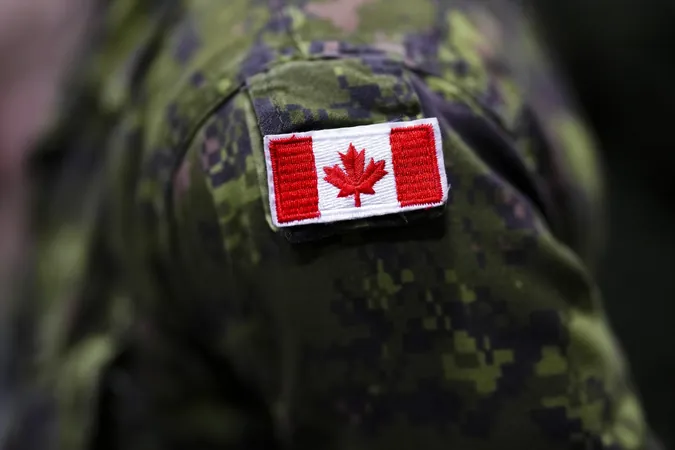
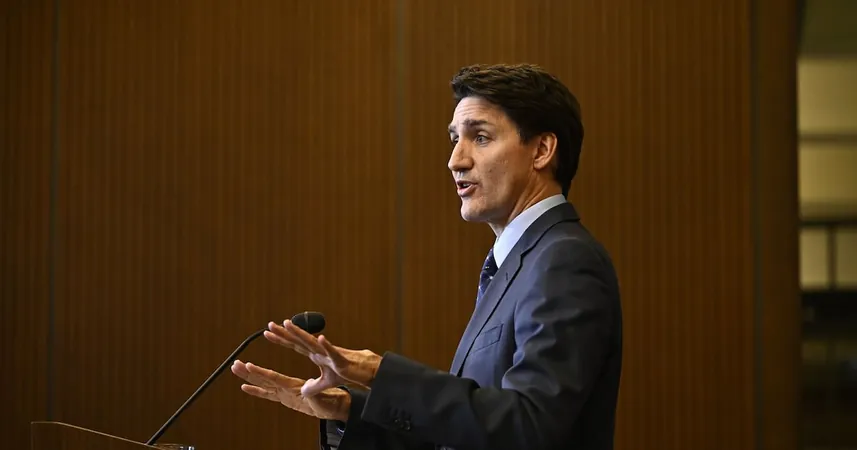

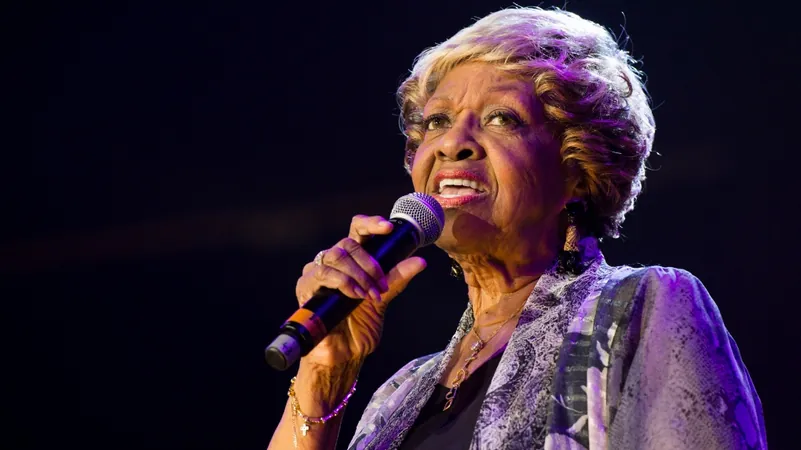

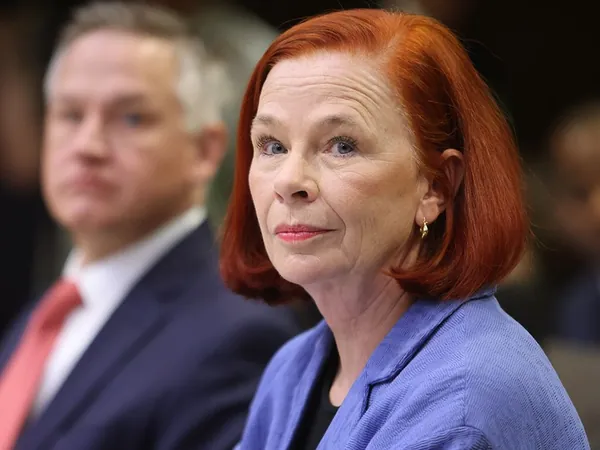
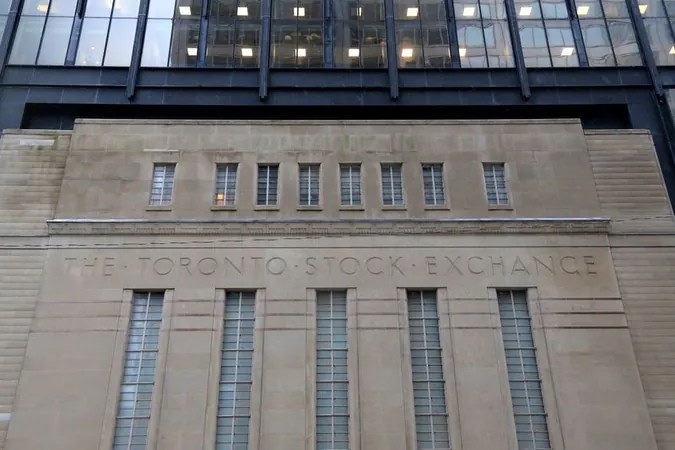
 Brasil (PT)
Brasil (PT)
 Canada (EN)
Canada (EN)
 Chile (ES)
Chile (ES)
 España (ES)
España (ES)
 France (FR)
France (FR)
 Hong Kong (EN)
Hong Kong (EN)
 Italia (IT)
Italia (IT)
 日本 (JA)
日本 (JA)
 Magyarország (HU)
Magyarország (HU)
 Norge (NO)
Norge (NO)
 Polska (PL)
Polska (PL)
 Schweiz (DE)
Schweiz (DE)
 Singapore (EN)
Singapore (EN)
 Sverige (SV)
Sverige (SV)
 Suomi (FI)
Suomi (FI)
 Türkiye (TR)
Türkiye (TR)